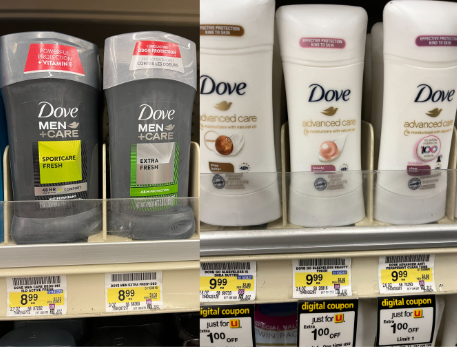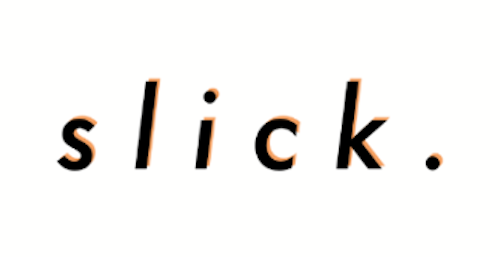Your donation will support the student journalists of Huntington Beach High School. Your contribution will allow us to cover our annual website hosting costs.
Thank you for supporting our program!
Pink Tax: Modern Sexism
December 19, 2022
In the United States of America, women have been treated as “weaker” than men for generations. Today, sexism still occurs, and many people do not even realize it.
As such, the pink tax is one example of how women are being discriminated against through the products they buy.
This “tax” targets women by having their normal everyday products priced higher than men’s. For example, women’s deodorant is usually pink/light colored or has a feminine look. Men’s deodorant has darker or bold colors and looks more masculine. The deodorant marketed towards women is more expensive in comparison to the same product retailed towards men. These companies use these feminine deodorants as an opportunity to raise prices.

Women face high prices not only on normal products but also get “taxed” on products like dry cleaning and auto maintenance. In addition to the pink tax, menstrual items are considered luxury items rather than essential. Currently, twenty-two states charge sales tax on period products, which means menstrual items are taxed as luxury items, rather than essential products.
As such, these increased prices are especially detrimental for women in low-income communities. Tampons cost between $5 to $7, while pads cost about $6 per box. Women on average spend approximately twenty dollars on period products per menstrual cycle. That comes to nearly $18,000 in one’s lifetime. Families with multiple women in their household have to pay more than that amount, highlighting the costly impact of the pink tax.
A small percentage of HBHS students said they were unaware of the pink tax.
Izzy Vosper, a freshman student at HBHS said, “People are ignorant and blind to [underhanded] sexism in our world, and that’s a big issue. [We] can’t eliminate sexism, and misogyny as a society, as a country, and as a globe, if we don’t [eliminate things such as the Pink Tax].”
The feminine hygiene industry takes advantage of women, and many people agree that this needs to be changed. Whether it’s a pink or blue razor, prices should be equal.
Caitlin Cogil, a grade eight student at St. Bonaventure School said, “I think [products] should be priced based on how much it costs to make the [products].”
Overcharging women for essential products will continue to add to the inequality they face. The pink tax is not only financially hurting women but is negatively influencing societal progress and the fight for equality for all women. Overall, the pink tax needs to stop.

